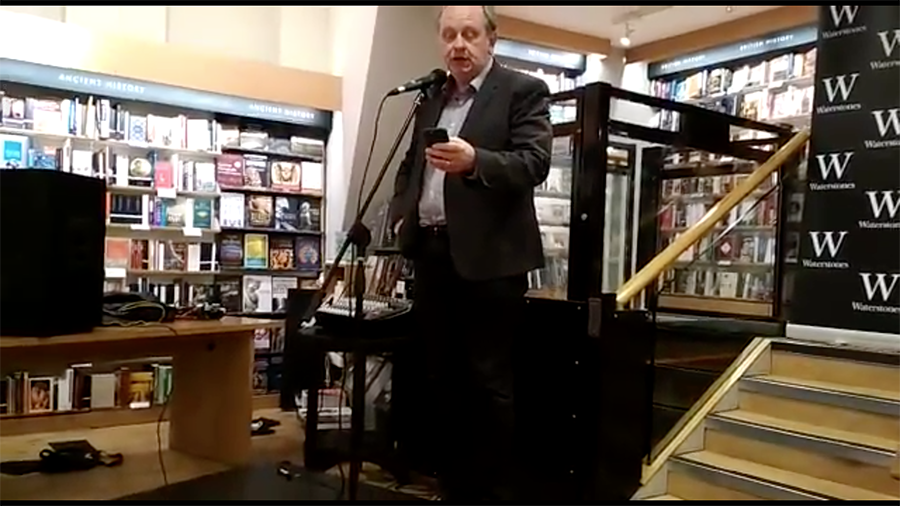I’d like to know when things stop. The moment when something is done. I’m struggling to explain this but it’s on my mind a lot and I want to try. Let me have a go with an example.
If you write a book then at some point the manuscript is with the publisher and you’re done. You don’t know which point that is, though, or at least you don’t at the time because there’s always a chance you’ll have to do something more to it before it finally comes out.
Maybe publication is the moment. I’ve commissioned writers who wouldn’t respond to any request after they’d been paid and it happened enough that now I tell each new editor who hires me that I ain’t done until the piece is online or on the newsstand. Don’t wait to pay me, but I’m not leaving until we both know you don’t need me any more.
Except a piece of mine was published this week and I think it’s a good sample for another thing I’m pitching for. So as soon as it was out, I was pointing people to my new article.
Perhaps what I’m wondering is when new becomes old.
For instance, someone like Dar Williams releases a new album and at some point it stops being the new one. Long before her next is announced, you stop saying Emerald is new, you start calling it her latest. Then some day, somehow, you and I imagine she just thinks of it as one of her many releases.
It’s still a superb album but the heat of creation is over for her and the energy of discovering each track is over for me. I’m picking on her album because I like it so, because I’m listening to it again but also because I just went to check and it came out in 2015. What have I done since 2015?
Whether it’s an album or it’s the book she’s written since, there is still this furnace when everything is being made and anything can change and every pixel of it all is in your head. And then all of it is encased in the plastic of a shiny disc or the digits of a digital download, and it’s over. Except the singing of your song or the reading of your book until then that’s over too.
There must be a day, there must be a moment, when this happens.
In thinking about saying all this to you, wondering what you thought, I had the flippant idea that maybe the only absolute definite end to anything is death. But no, apparently not.
As ever, I don’t expect you or anyone to remember me past the end of this sentence but even when I die, my books will survive. I remember thinking this of the very first one, how BFI Television Classics: The Beiderbecke Affair will outlive me. At the very least, if some other author ever wants to write about Beiderbecke, their first job is prove to a publisher why their book is needed when someone has already covered the topic.
My name will at most live on in a muttered curse by that future author but the book itself will persist. Who knows, one day it might even start earning back the advance I got.
I framed the cover of that book and it’s on my wall with the date racing further into the past every second. It was published in 2012 and I think my second book would’ve been 2013 so clearly by then, Beiderbecke was no longer either new or my latest. But there is a day, an hour, an instant when it ceased to be either and I wish I knew when.
I wish I could work it out but I also wish I could’ve been conscious of the moment as it happened.
